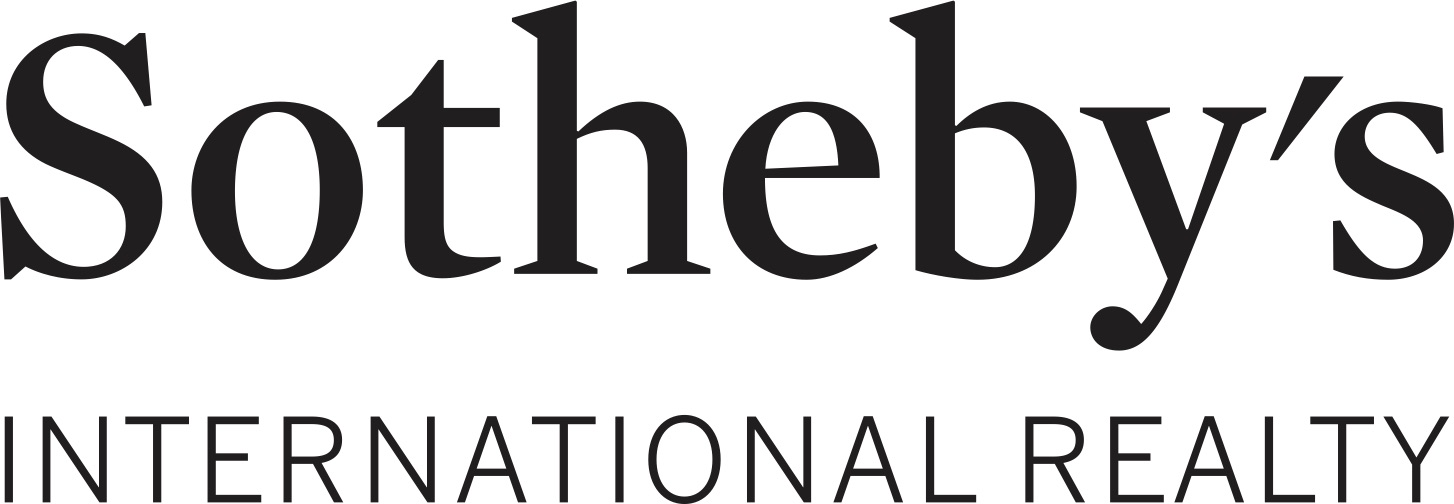Adjustable Rate Mortgage (ARM): A mortgage where the rate changes over time in line with movements in an index. ARMs are also referred to as AMLs (adjustable mortgage loans) or VRMs (variable rate mortgages).
Adjustment Period: The length of time between interest rate changes on an ARM. For example, a loan with an adjustment period of one year is called a one-year ARM, which means that the interest rate can change once a year.
Amortization: Repayment of a loan in equal installments of principal and interest, rather than interest-only payments.
Annual Percentage Rate (APR): The total finance charge (interest, loan fees, points) expressed as a percentage of the loan amount.
Assumption of Mortgage: A buyer’s agreement to assume the liability under an existing note secured by a mortgage or deed of trust. The lender must approve the buyer in order to release the original borrower (usually the seller) from liability.
Balloon Payment: A lump sum principal payment due at the end of some mortgages or other long-term loans.
Binder: Sometimes known as an offer to purchase or an earnest money request. A binder is the acknowledgment of a deposit along with a brief written agreement to enter into a contract for the sale of real estate.
Cap: The limit on how much interest rates or monthly payments can change, either at each adjustment or over the life of the mortgage.
CC&Rs: Covenants, Conditions & Restrictions. A document that controls the use, requirements and restrictions of a property.
Certificate of Reasonable Value (CRV): A document that establishes the maximum value and loan amount for a VA guaranteed loan.
Closing Statement: The financial disclosure statement that accounts for all of the funds received and expected at the closing, including deposits for taxes, hazard insurance, and mortgage insurance.
Condominium: A form of real estate ownership where the owner receives title to a particular unit and has a proportionate interest in certain common areas. The unit itself is generally a separately owned space whose interior surfaces (walls, floors and ceilings) serve as its boundaries.
Contingency: A condition that must be satisfied before a contract is binding. For instance, a sales agreement may be contingent upon the buyer obtaining financing.
Conversion Clause: A provision in some ARMs that enables you to change an ARM to a fixed-rate loan, usually after the first adjustment period. The new fixed rate is generally set at the prevailing interest rate for fixed-rate mortgages. This conversion feature may cost extra.
Co-operative: A form of multiple ownership in which a corporation or business trust entity holds title to a property and grants occupancy rights to shareholders by means of proprietary leases or similar arrangements.
CRB: Certified Residential Broker. To be certified, a broker must be a member of the National Association of Realtors’ Managers’ Council, have two years of experience as a licensed broker manager and have completed five required Management courses.
CRS: Certified Residential Specialist. To be certified, an agent must be a member of the National Association of Realtors’ Residential Sales Council, have completed at least 50 residential transactions and have completed five required Residential Division courses.
Due-On-Sale Clause: An acceleration clause that requires full payment of a mortgage or deed of trust when the secured property changes ownership.
Documentary Transfer Tax: Charged by the county recorder at the time of recordation of all sales transfers. The variable costs are as follows: sales price: under $250K, $5.00 per $1,000; from $250K to $1M, $6.80 per $1,000; over $1M, $7.50 per $1,000.
Earnest Money: The portion of the down payment delivered to the seller or Escrow agent by the purchaser with a written offer as evidence of good faith.
Escrow: A procedure in which a third party acts as a stakeholder for both the buyer and the seller, carrying out both parties’ instructions and assuming responsibility for handling all of the paperwork and distribution of funds.
FHA Loan: A loan insured by the Insuring Office of the Department of Housing and Urban Development, the Federal Housing Administration.
Federal National Mortgage Association (FNMA): Popularly known as Fannie Mae. A privately owned corporation created by Congress to support the secondary mortgage market. It purchases and sells residential mortgages insured by FHA or guaranteed by the VA, as well as conventional home mortgages.
Fee Simple: An estate in which the owner has unrestricted power to dispose of the property as he/she wishes, including leaving by will or inheritance. It is the greatest interest a person can have in real estate.
Finance Charge: The total cost a borrower must pay, directly or indirectly, to obtain credit according to Regulation Z.
Graduated Payment Mortgage: A residential mortgage with monthly payments that start at a low level and increase at a predetermined rate.
GRI: Graduate, Realtors Institute. A professional designation granted to a member of the National Association of Realtors who has successfully completed three courses covering Law, Finance and Principals of Real Estate.
Home Inspection Report: A qualified inspector’s report on a property’s overall condition. The report usually includes an evaluation of both the structure and mechanical systems.
Home Warranty Plan: A warranty that protects against failure of mechanical systems within the property. Usually this includes plumbing, electrical, heating systems and installed appliances.
Index: A benchmark on which changes to an ARM’s interest rate are based. Common indices include: industry cost of funds, 6-month Libor, and various term treasury notes.
Joint Tenancy: An equal undivided ownership of property by two or more persons. Upon the death of any owner, the survivors take the decedent’s interest in the property.
Lien: A legal hold or claim on property as security for a debt or charge.
Loan Commitment: A written promise to make a loan for a specified amount on specified terms.
Loan-To-Value (LTV) Ratio: The relationship between the amount of the mortgage and the appraised value of the property, expressed as a percentage of the appraised value.
Margin: The number of percentage points the lender adds to the index rate to calculate the ARM interest rate at each adjustment.
Mortgage Life Insurance: A type of term life insurance often bought by mortgagors. The coverage decreases as the mortgage balance declines. If the borrower dies while the policy is in force, the debt is automatically covered by insurance proceeds.
Negative Amortization: Negative amortization occurs when monthly payments fail to cover the interest cost. The interest that isn’t covered is added to the unpaid principal balance, which means that even after several payments you could owe more than you did at the beginning of the loan. Negative amortization can occur when an ARM has a payment cap that results in monthly payments that aren’t high enough to cover the interest.
Origination Fee: A fee or charge for work involved in evaluating, preparing, and submitting a proposed mortgage loan.
PITI: Principal, Interest, Taxes and Insurance
Planned Unit Development (PUD): A zoning designation for property developed at the same or slightly greater overall density than conventional development, sometimes with improvements clustered between open, common areas. Users may be residential, commercial or industrial.
Point: An amount equal to 1 percent of the loan principal. Lenders charge loan points to increase their yield on a mortgage. Points are considered prepaid interest.
Prepayment Penalty: A fee charged to a borrower who pays a loan before it is due.
Private Mortgage Insurance (PMI): Insurance written by a private company protecting the lender against loss if the borrower defaults on the mortgage. Generally required for loans exceeding 80{162dc8613d2453dc0fdafc1bc25c532590a552c69bf6c90373998ed018da1231}LTV.
Purchase Agreement: A written document in which the purchaser agrees to buy certain real estate and the seller agrees to sell under stated terms and conditions. Also called a sales contract, earnest money contract, or agreement for sale.
Realtor: A real estate broker or associate active in a local real estate board affiliated with the National Association of Realtors.
Regulation Z: The set of rules governing consumer lending issued by the Federal Reserve Board of Governors in accordance with the Consumer Protection Act.
Tenancy in Common: A type of ownership of property by two or more persons with no right of survivorship.
Title Insurance Policy: A policy that protects the purchaser, mortgagee or other party against losses concerning title to the property and matters such as easements, encroachments and liens.
VA Loan: A loan that is partially guaranteed by the Veterans Administration and made by a private lender.




